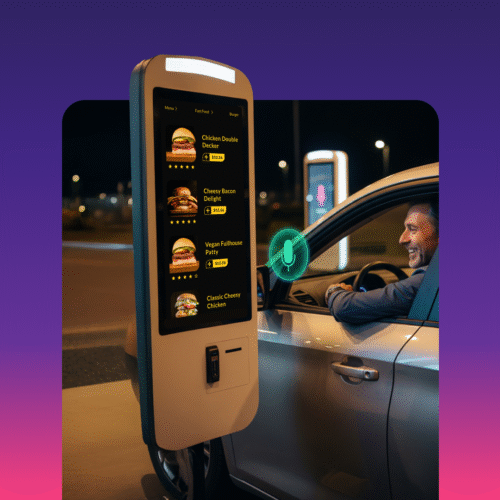In an increasingly connected world, the importance of voice recognition technology for securing personal and financial information has become paramount. Voice biometrics have long been a trusted method for authorizing individuals based on their unique vocal characteristics. However, the rapid advancement in synthetic voice generation has threatened the overall integrity of voice authentication systems.
The Evolution of Synthetic Voices
Over the years, there has been a tremendous leap in the quality of text-to-speech (TTS) technology. Once marked by robotic and bland tones, synthetic voices have now achieved a level of sophistication and versatility that closely resembles natural human speech, complete with nuanced expressions and emotions. Earlier, the process of creating custom voices was both time-consuming and expensive. But, advances in the field have made it easier than ever to generate custom voices, which has opened the door for misuse.
Risks & Challenges Posed by Deepfakes
With the ease of generating custom synthetic voices, fraudsters can now impersonate an individual’s voice with striking accuracy, thereby compromising a person’s privacy and security. By simply acquiring a recording of a victim’s voice, a deepfake can be created that can potentially bypass traditional voice biometric systems. More than just a technological challenge, deepfakes represent a significant threat to the human ability to trust, as the line between reality and artificiality becomes increasingly blurred. This has far-reaching consequences not only for the security of personal and financial information but also for politics and media, where fabricated audio or video content can have serious repercussions.
Detecting and Countering Synthetic Voices
Omilia has been at the forefront of combating the rise of deepfakes in the voice biometric industry. Our in-house TTS technology and expertise have allowed us to dissect and analyze the complexities inherent in synthetic voices. As a result, we have developed a robust TTS detection algorithm, which has been continuously refined and perfected through the analysis of synthetic voices in the wild.
Our unique approach to voice biometric authentication ensures that every caller’s voice is thoroughly examined to determine its authenticity. By reassessing the voice on each dialogue turn, our system achieves higher levels of confidence and accuracy in detecting synthetic voices. Our system can now distinguish between real and artificial voices more accurately than an average human listener.
We recognize the importance of maintaining a balance between security and accessibility. While we are dedicated to safeguarding voice biometrics against fraudulent activities, we remain committed to accommodating legitimate users who may rely on TTS technology due to disabilities or other valid reasons. Our system enables seamless enrollment and verification for users who require TTS assistance and allows them to whitelist their preferred TTS software.
The rise of synthetic voices and deepfakes poses a significant challenge to the integrity of voice biometric security. However, with continuous innovation and a strong understanding of the technology behind synthetic voices, Omilia remains well-equipped to detect and counter these threats.
As the voice biometrics landscape continues to evolve, we remain determined to lead the charge in safeguarding personal information and maintaining trust in the authenticity of human voices.


